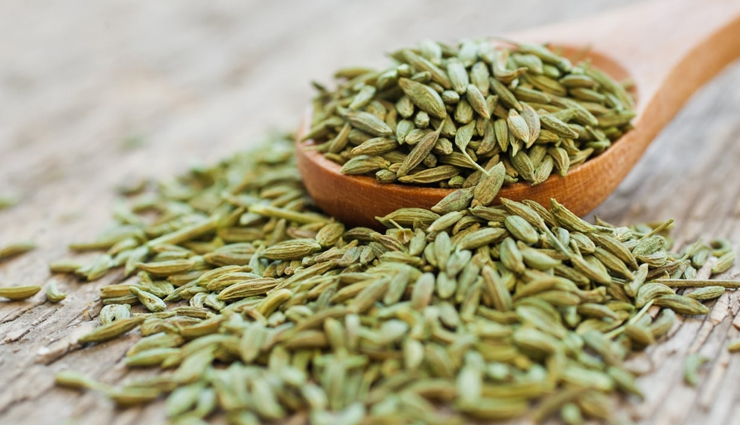6 Most Amazing Benefits of Fennel on Your Health


Fennel can help you fight a range of gastrointestinal problems such as indigestion, colic, stomach ulcers, and irritable bowel syndrome. Anethole, a compound present in fennel, has been found to inhibit smooth muscle spasms in the intestinal tract. This makes fennel work as a carminative that eases stomach cramps and tackles gas.
If a stubborn cough is making you miserable, fennel can step in. This herb works as an expectorant and helps expel mucus. It also has a bronchodilatory effect, helping dilate the bronchi and bronchioles, reducing respiratory airway resistance, and improving airflow to the lungs. Components like cineole and anethole in it are thought to be responsible for this effect. This double action makes a cup of fennel tea a good bet for dealing with a range of respiratory disorders from a common cold to asthma.
Fennel acts against many harmful pathogens and can, therefore, protect you from various infections. For instance, studies have found that it shows antibacterial activity against a range of bacteria such as Enterococci bacteria which can cause urinary tract infections, wound infections, and bacteremia; Staphylococcus aureus which can lead to staph infections; as well as Shigella bacteria, Escherichia coli, and Salmonella typhimurium which can cause food poisoning.
Many women struggle with the agony of stomach cramps during menstruation. One study found that taking 30 mg of fennel extract 4 times a day for 3 days from the beginning of the menstrual period provided significant relief. The effect is attributed to fennel’s ability to inhibit uterine contractions, thus easing the pain and cramps associated with menstruation. Specifically, the phytoestrogens in fennel are thought to mimic the action of female hormone estrogen in the body, bringing relief from menstrual problems.
Fennel has been used traditionally to improve the production of breastmilk. Its galactogenic activity is attributed to anethole which influences hormones involved in the secretion of milk. So if you’ve been having problems with your milk supply, add fennel to your food or try drinking some fennel tea.
Some women suffer from the growth of dark, thick hair in areas such as the face, chest, buttocks, or chin – that is areas where men typically have hair. This is known as hirsutism and is usually associated with hormonal imbalances. Fennel can help tackle this condition. According to a study, applying a cream containing 2% fennel extract reduced the thickness of hair by 18.3%. Though the mechanism through which fennel works is not entirely clear, it is thought that compounds such as trans-anethole and di-anethole in it may exert an anti-androgen (male hormone) effect.